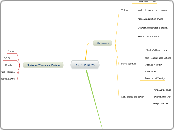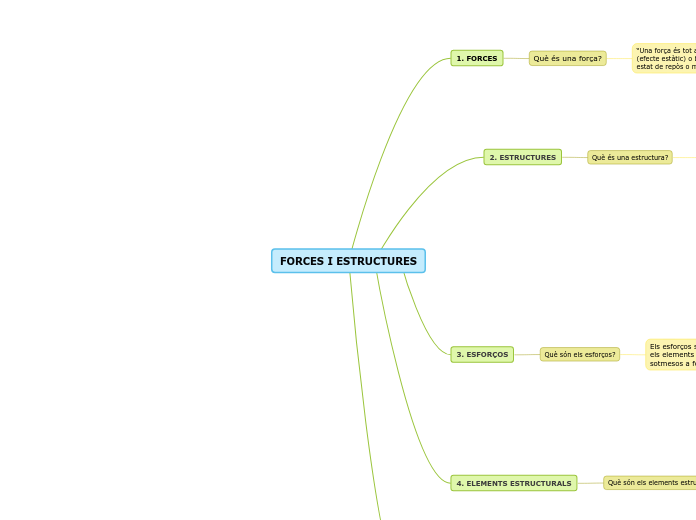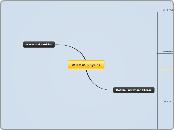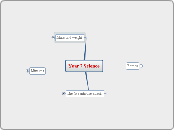realizată de Brady Connor 6 ani în urmă
155
Earth Science Project #3
The text explains fundamental principles of Newton's laws of motion using practical examples to illustrate each law. Newton's first law, often called the law of inertia, states that an object will continue in its state of rest or uniform motion unless acted upon by an external force.









